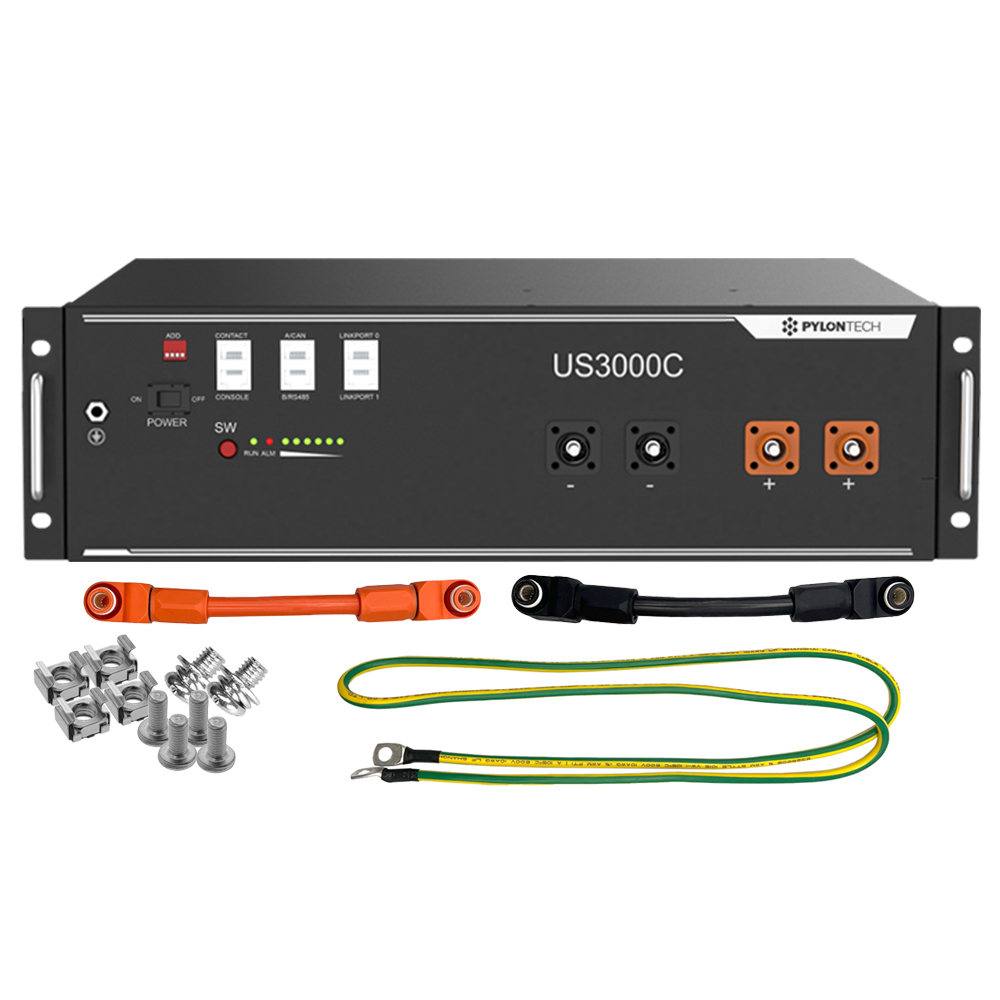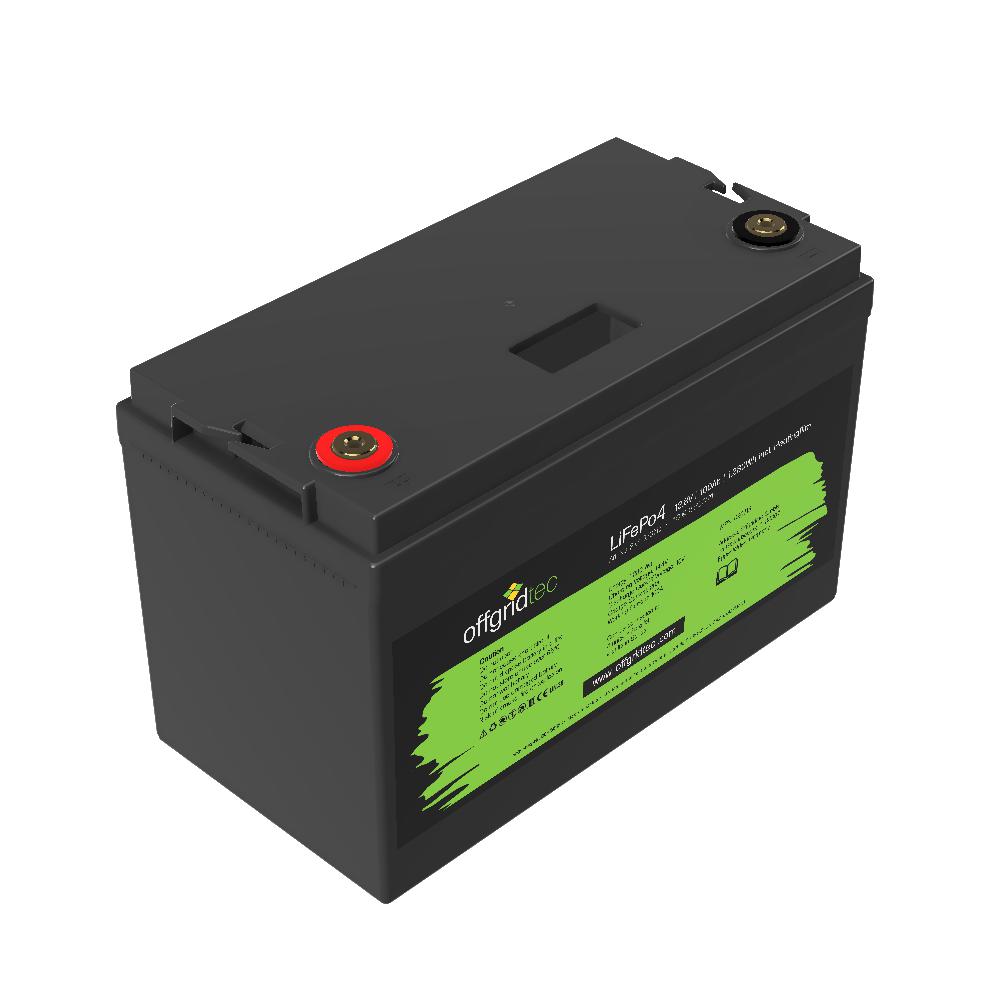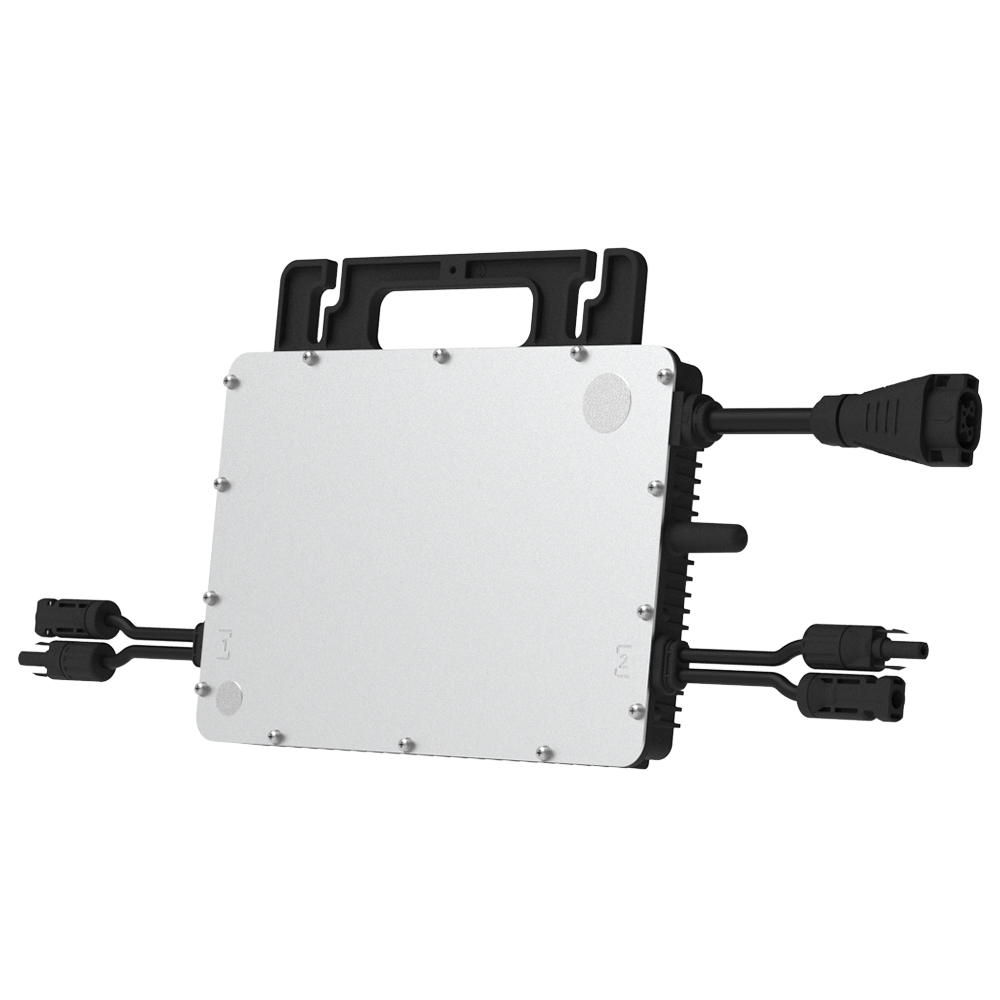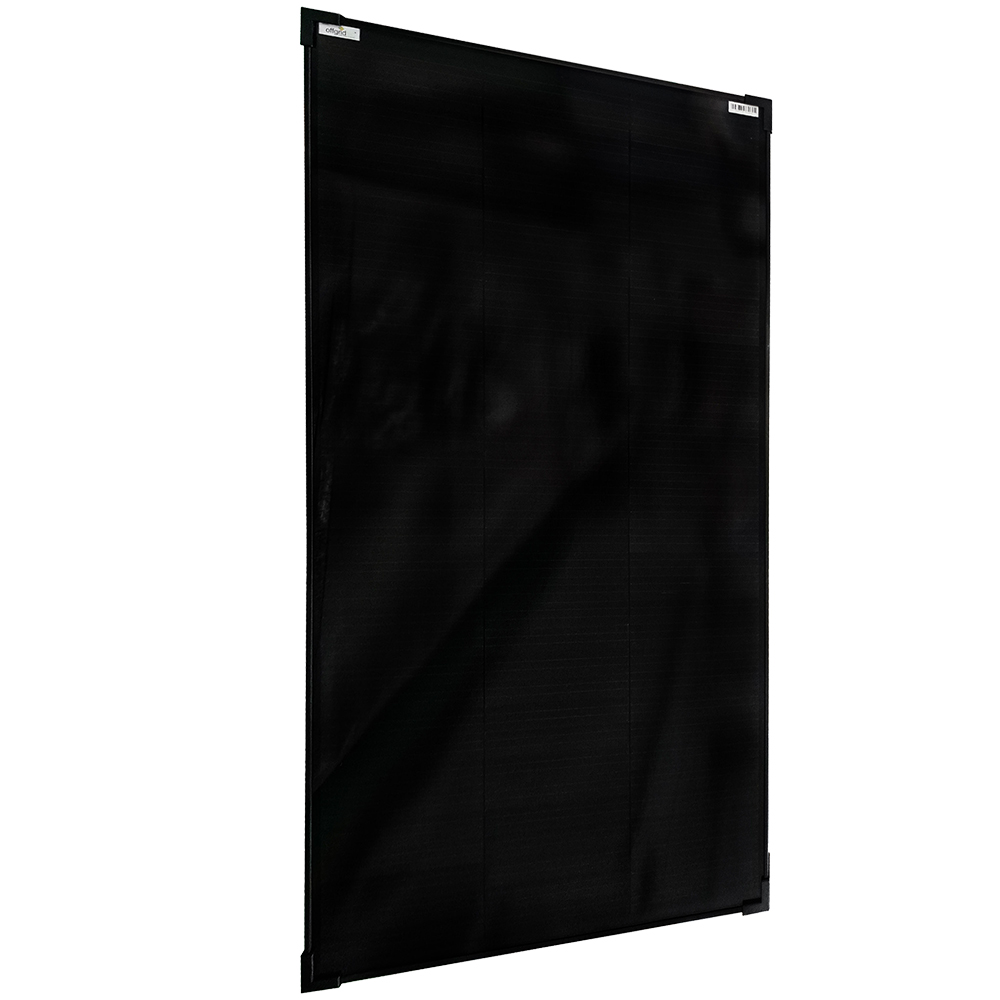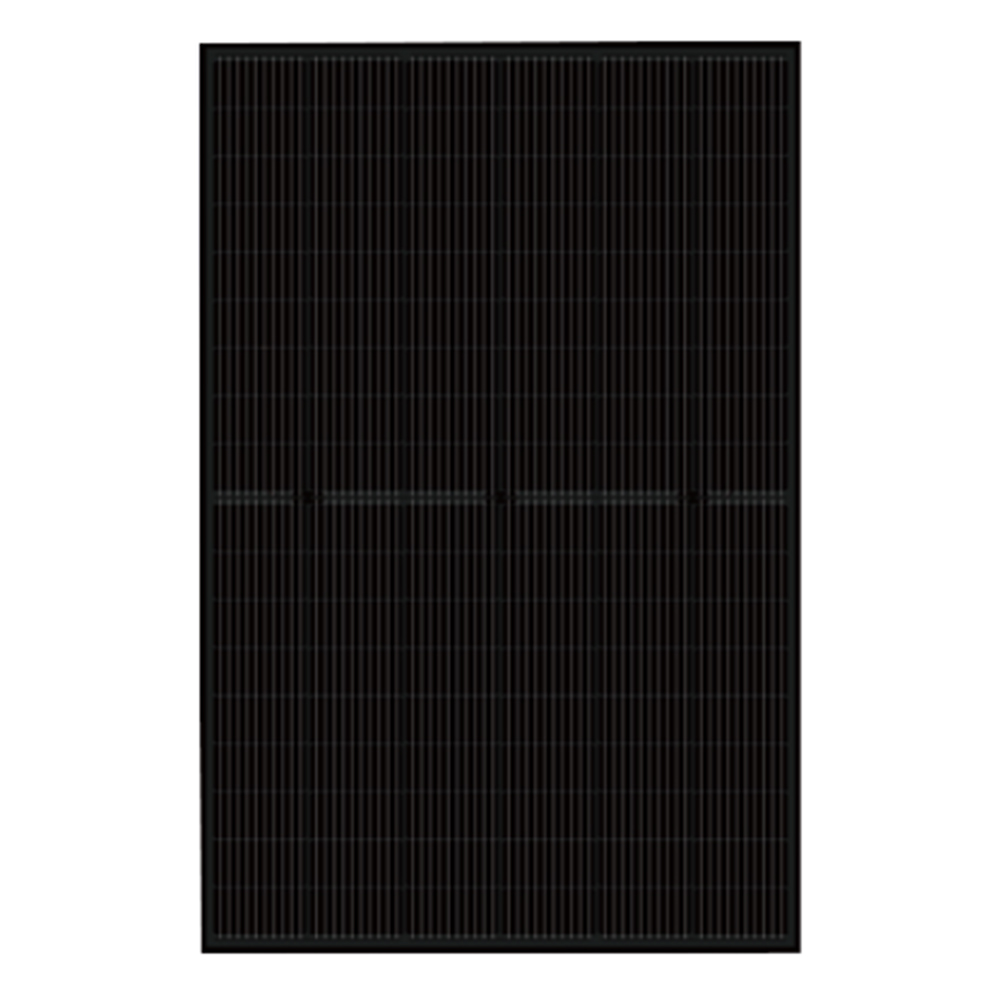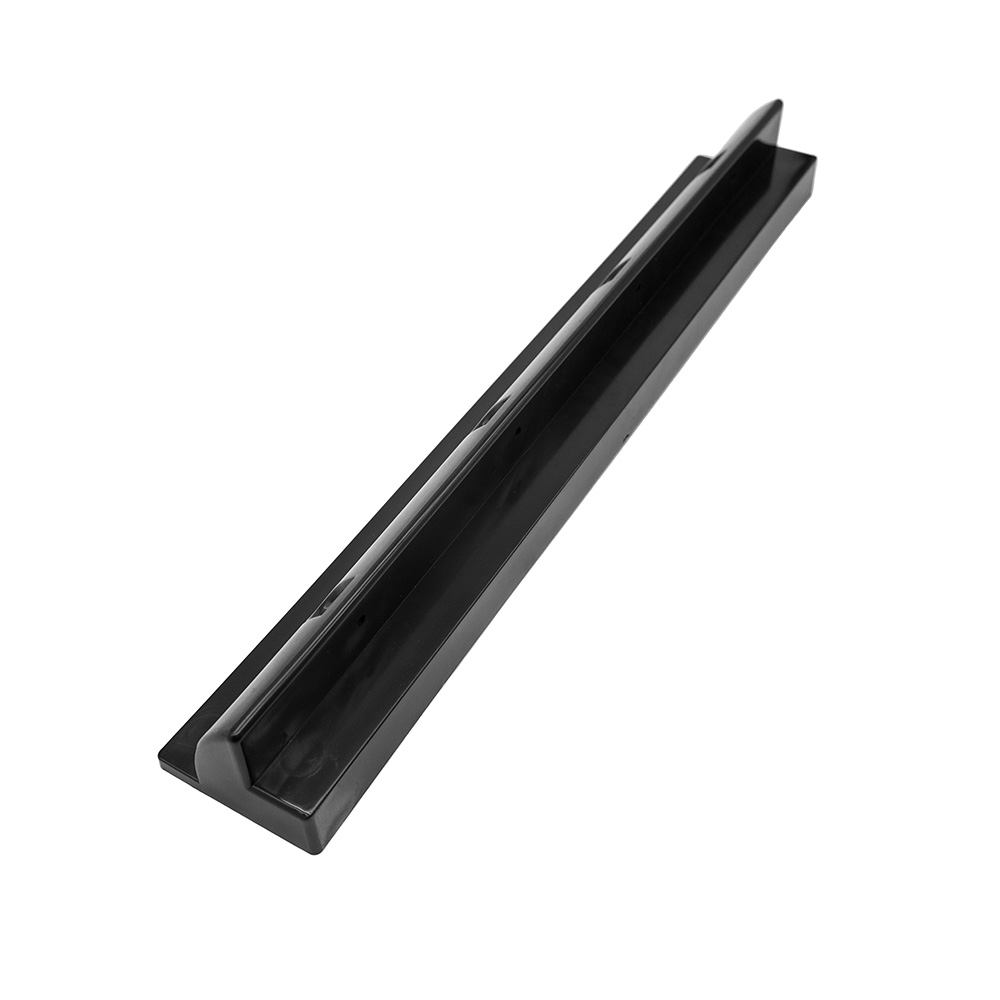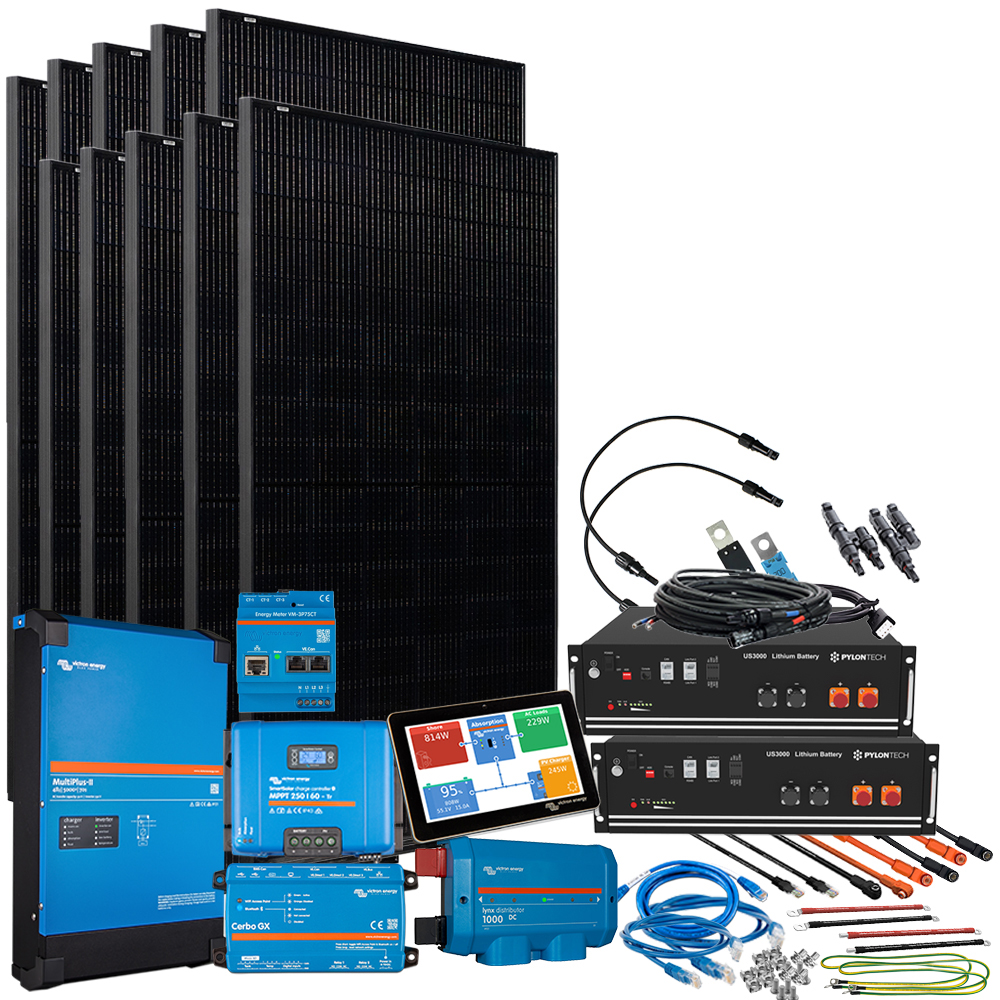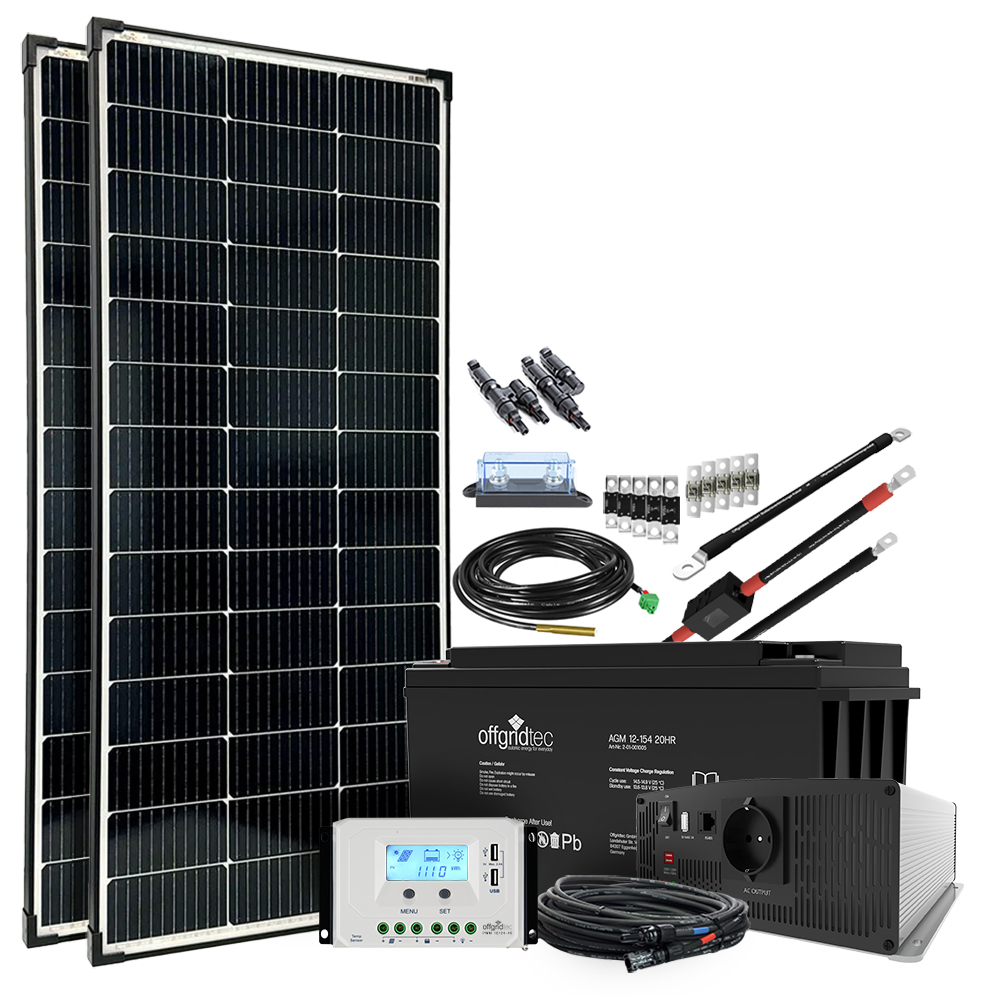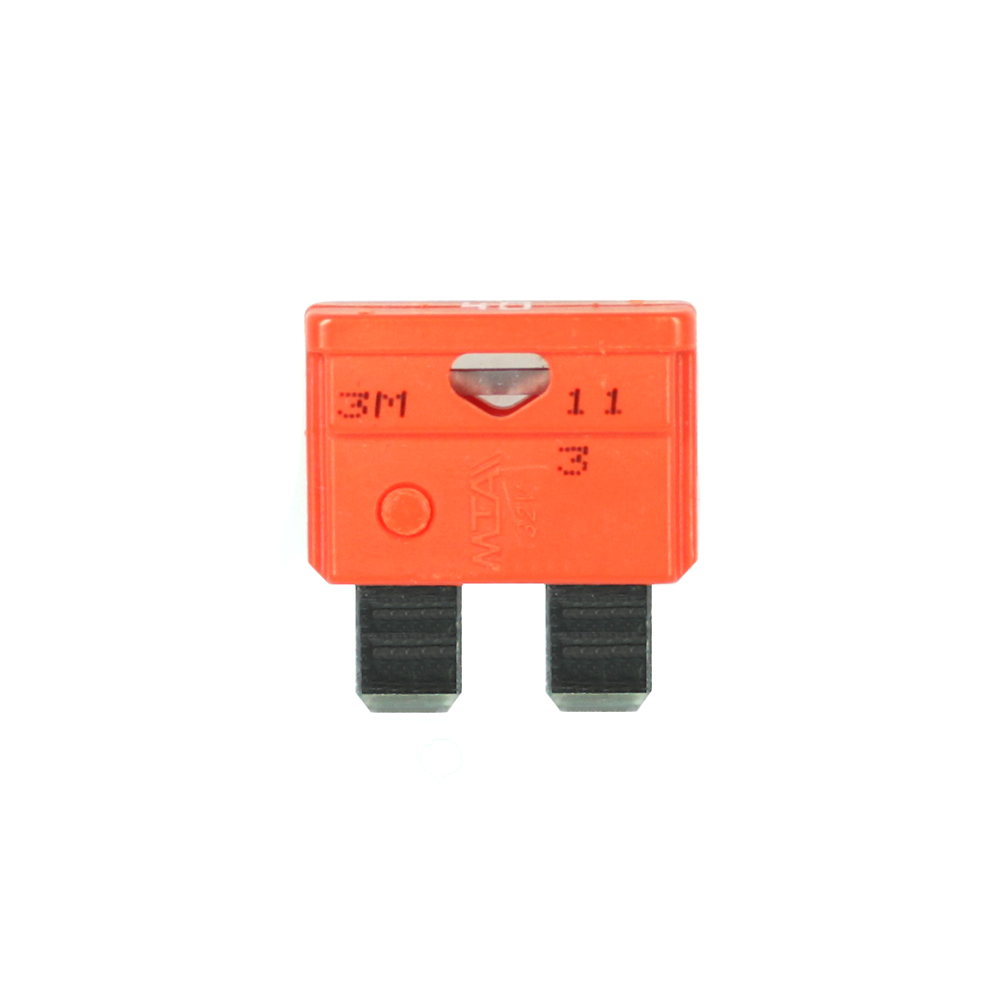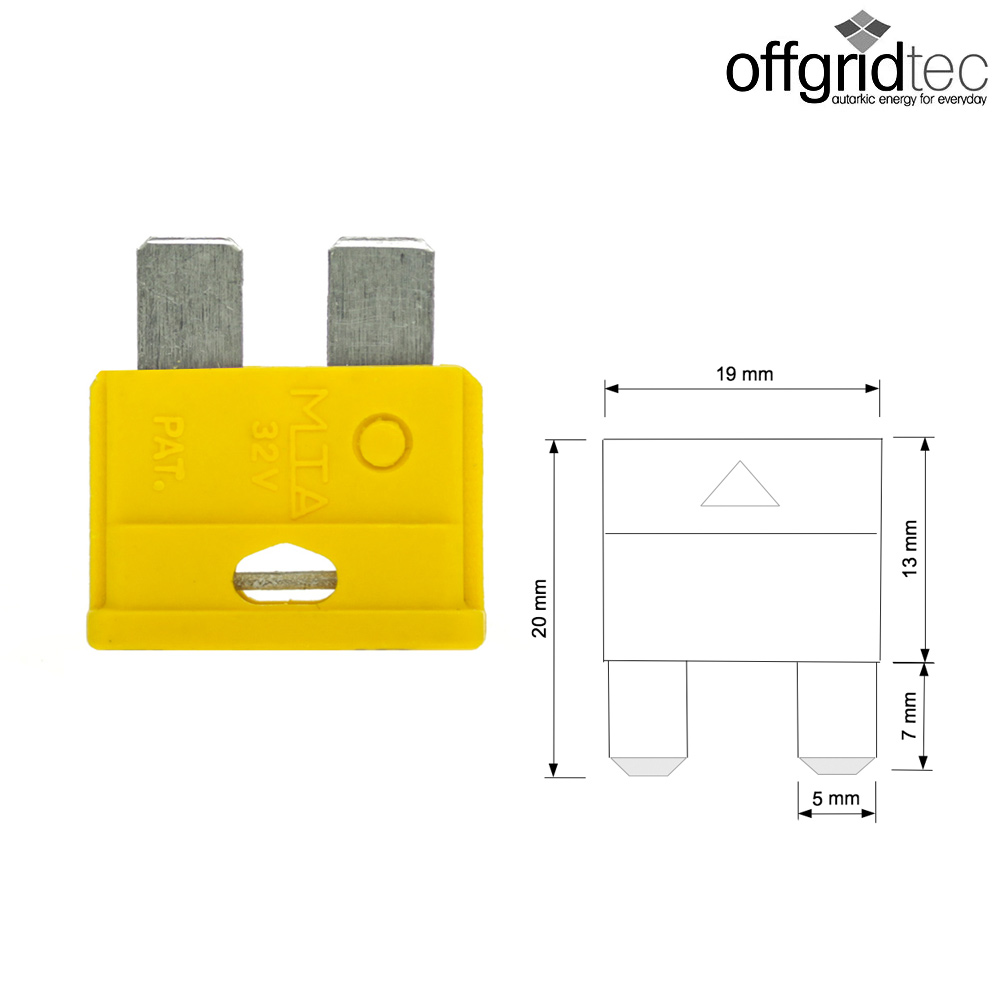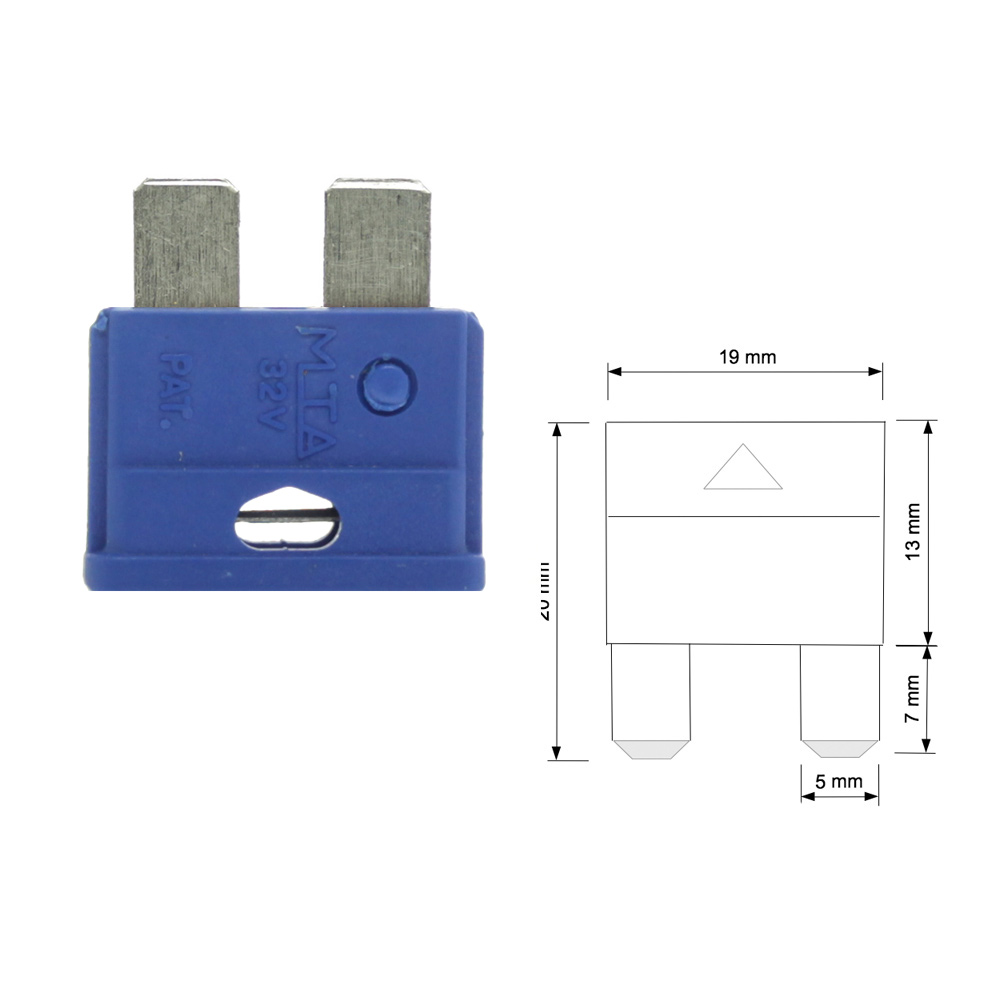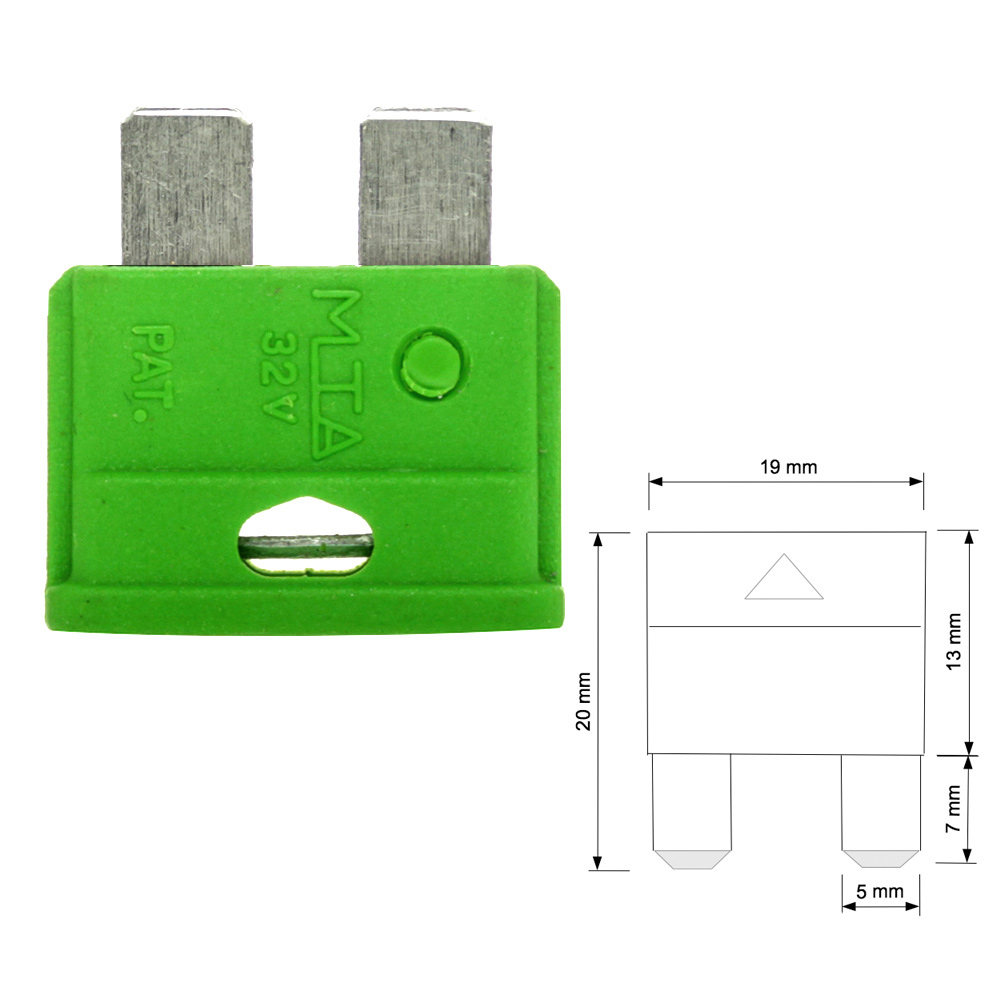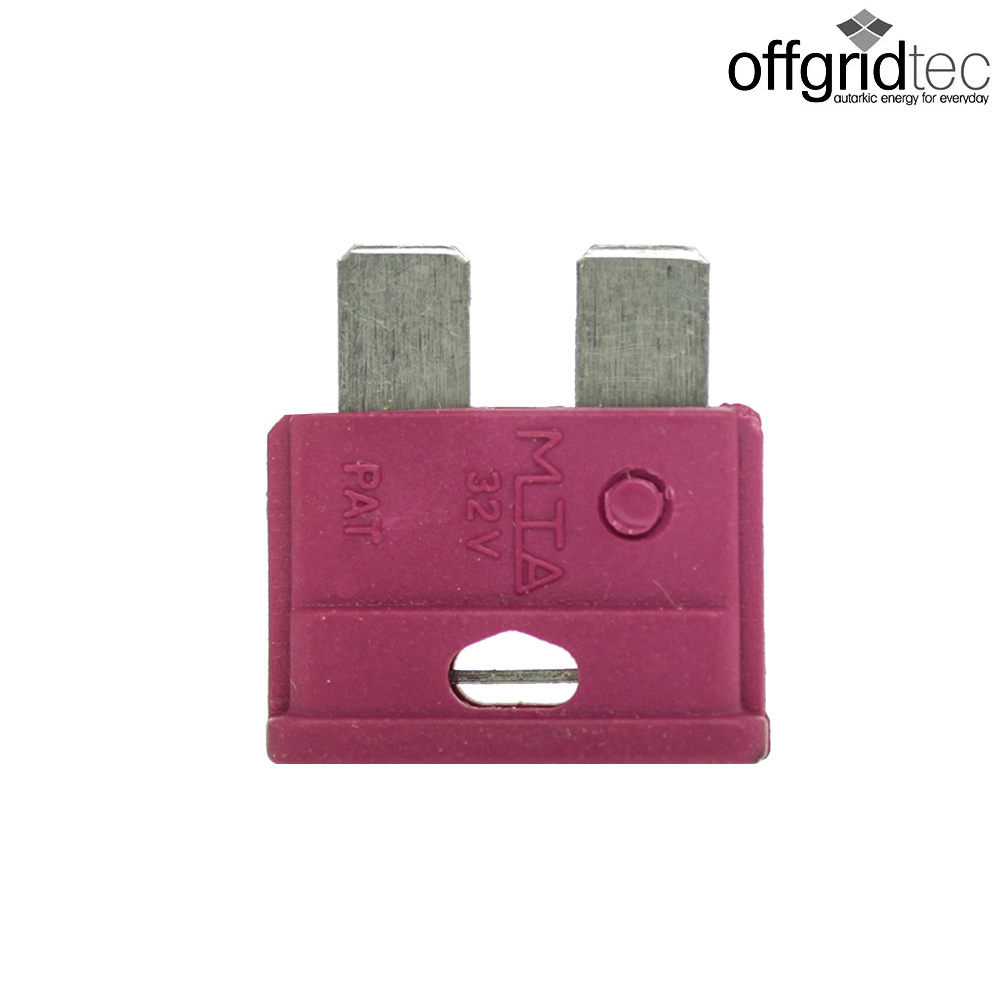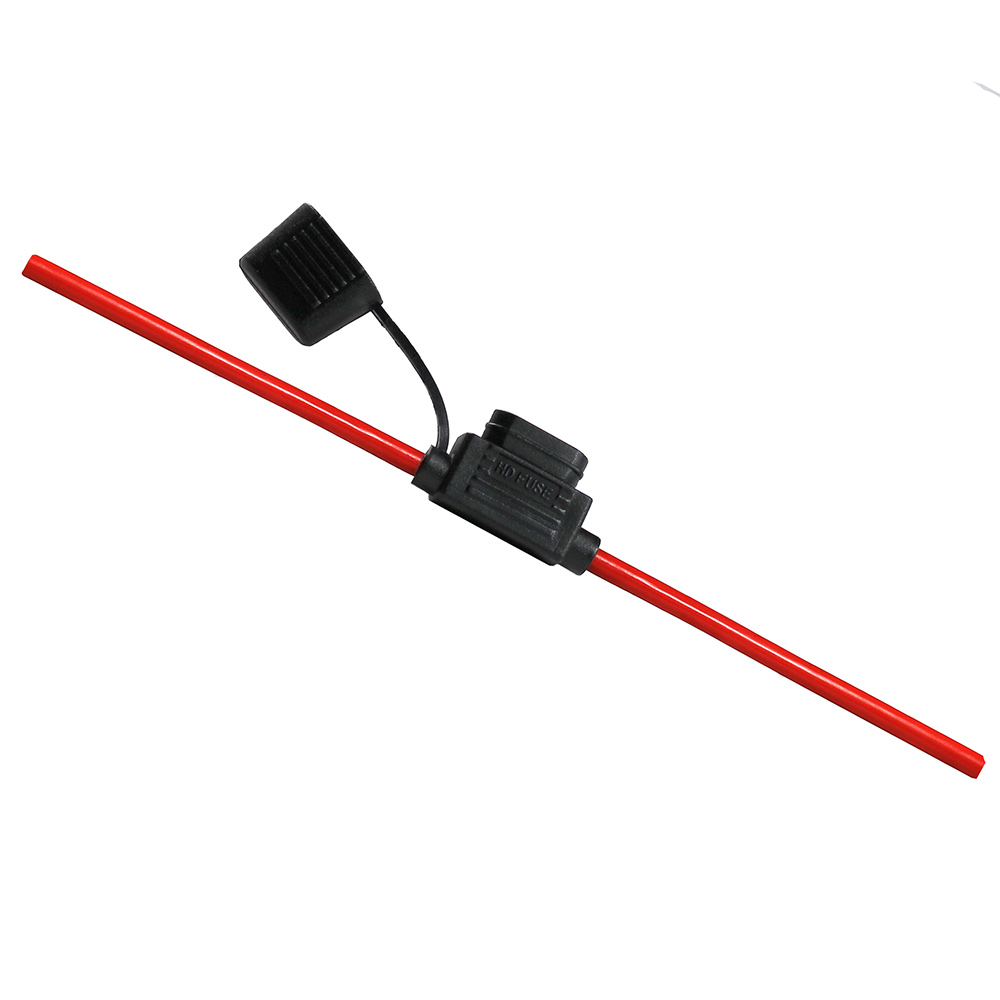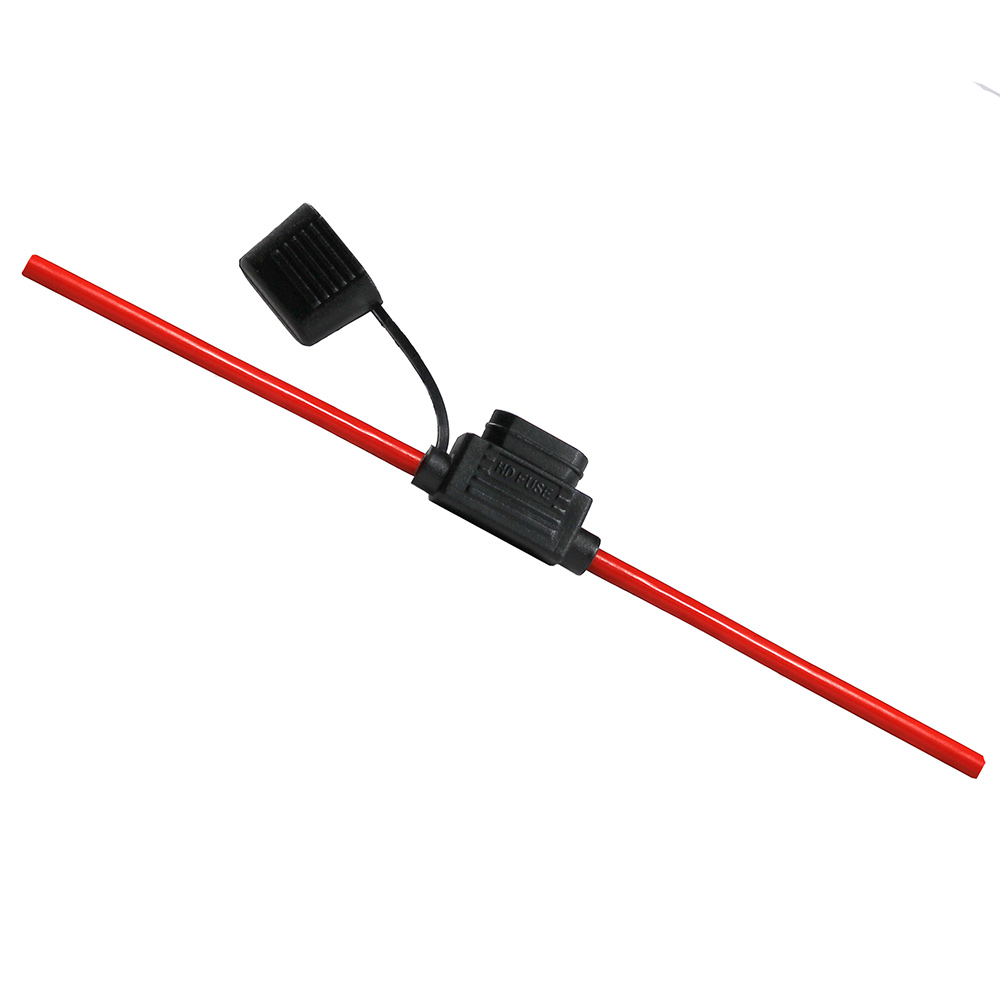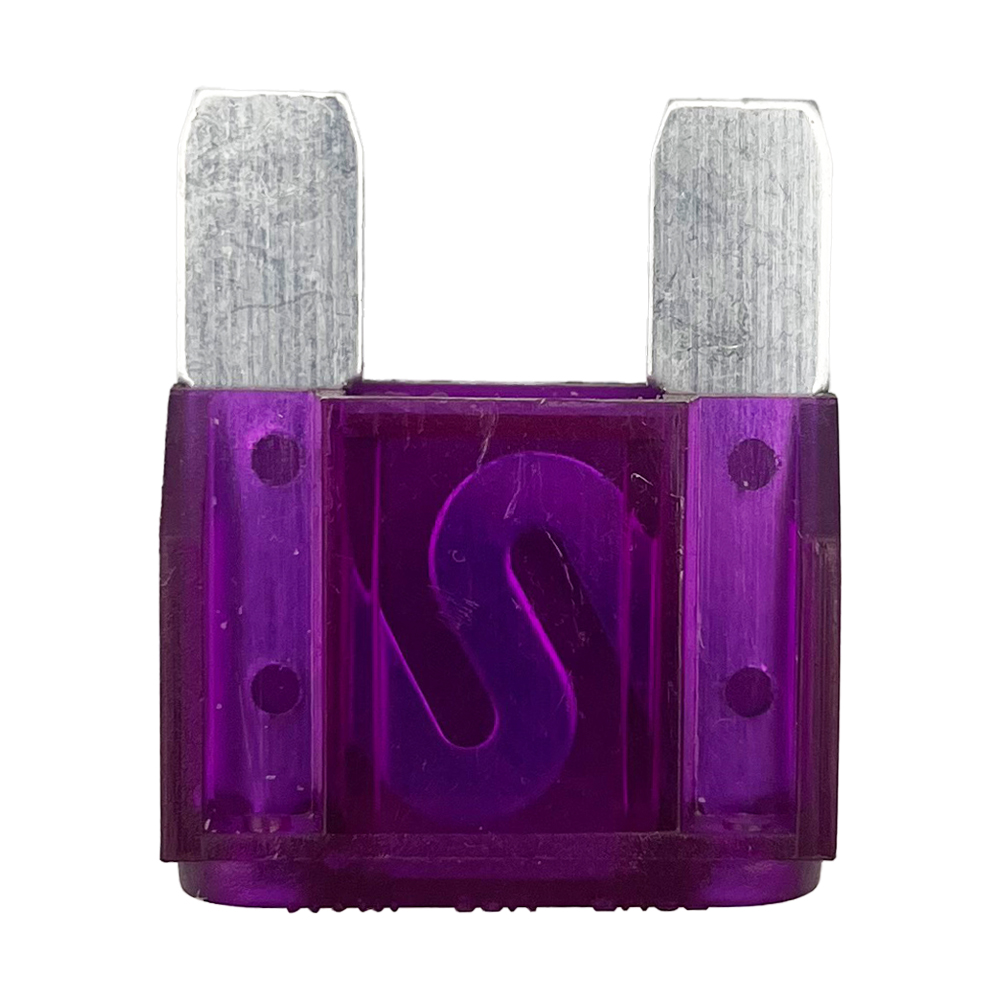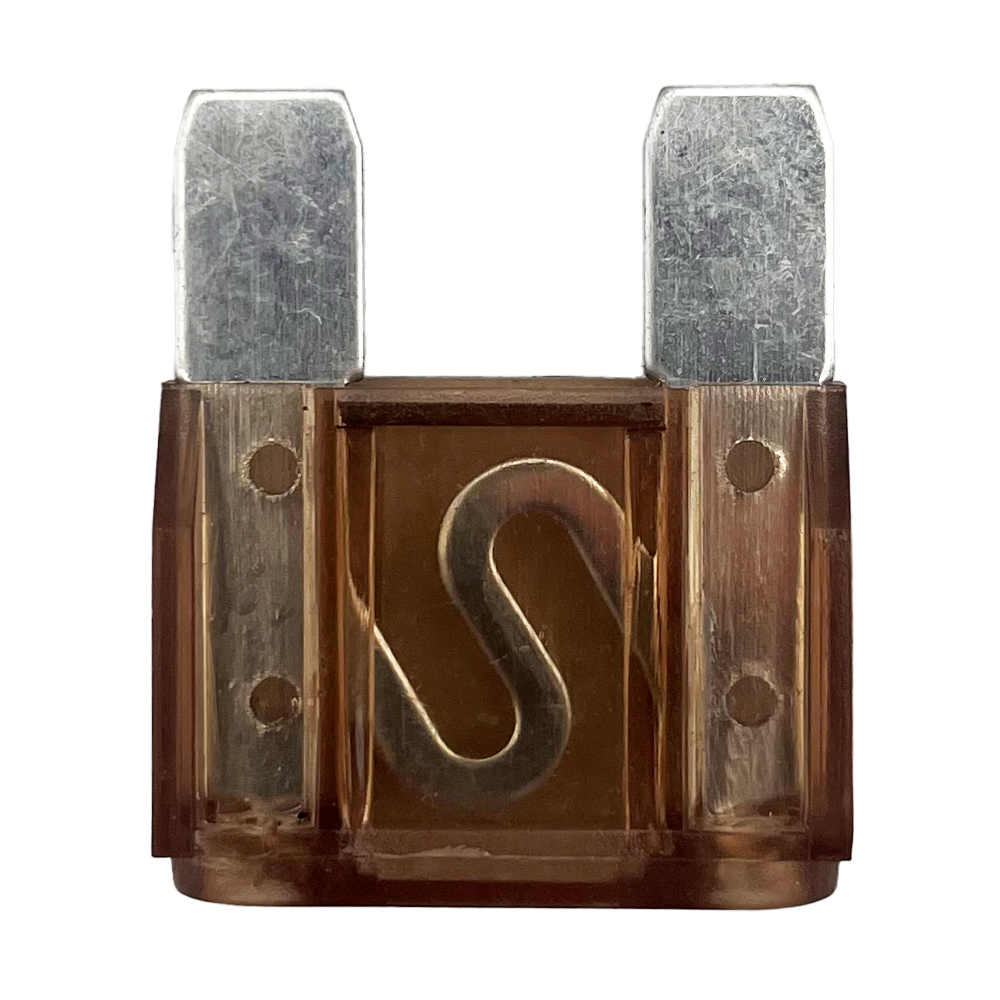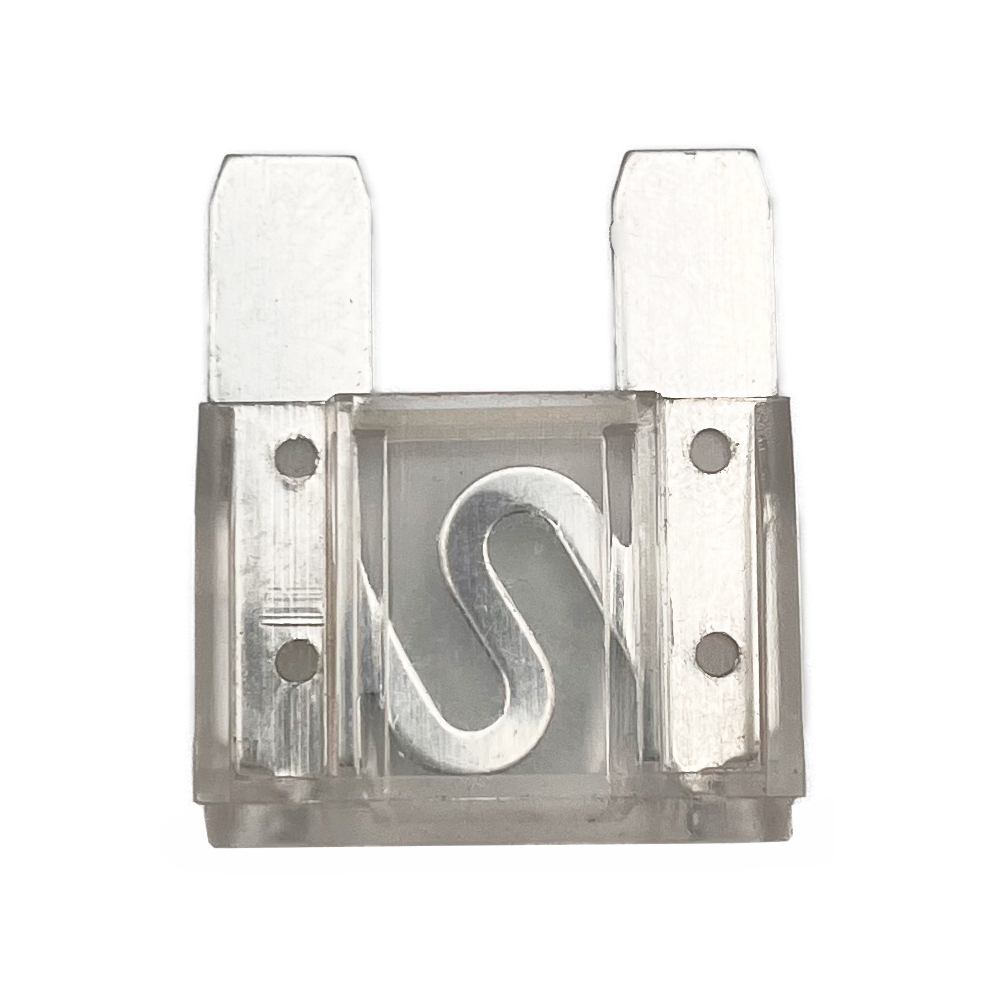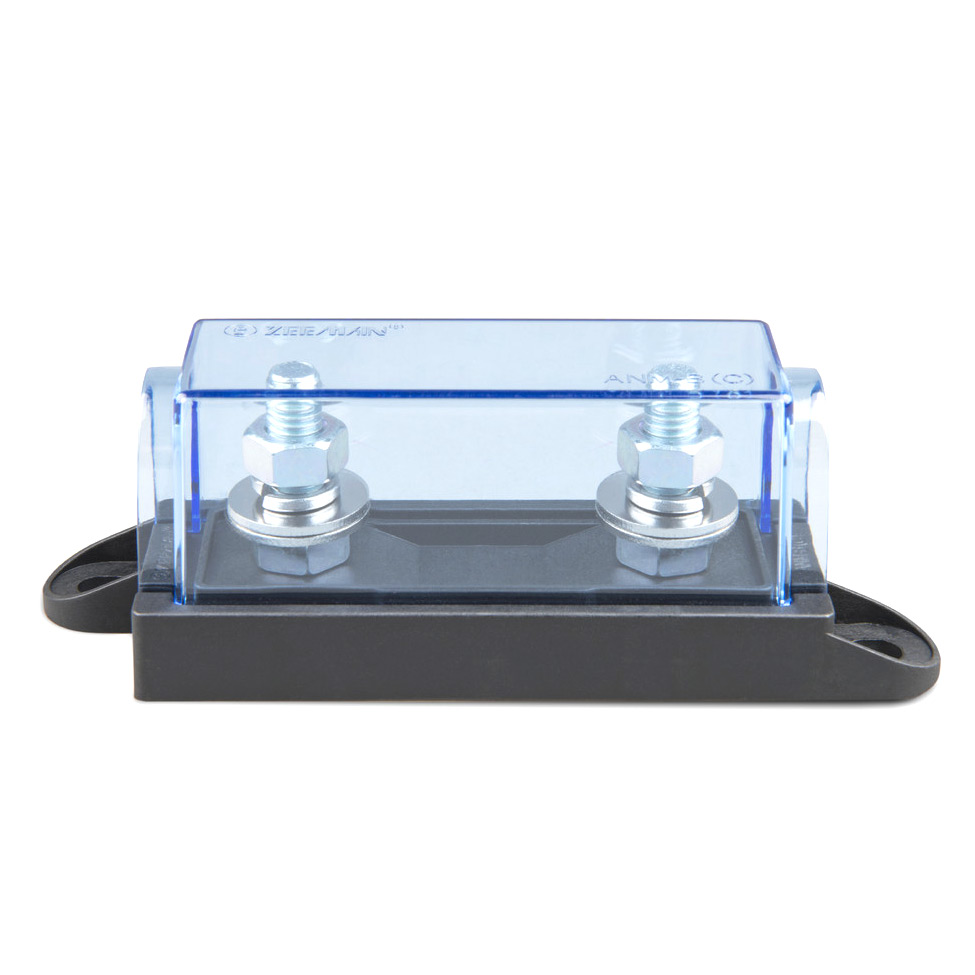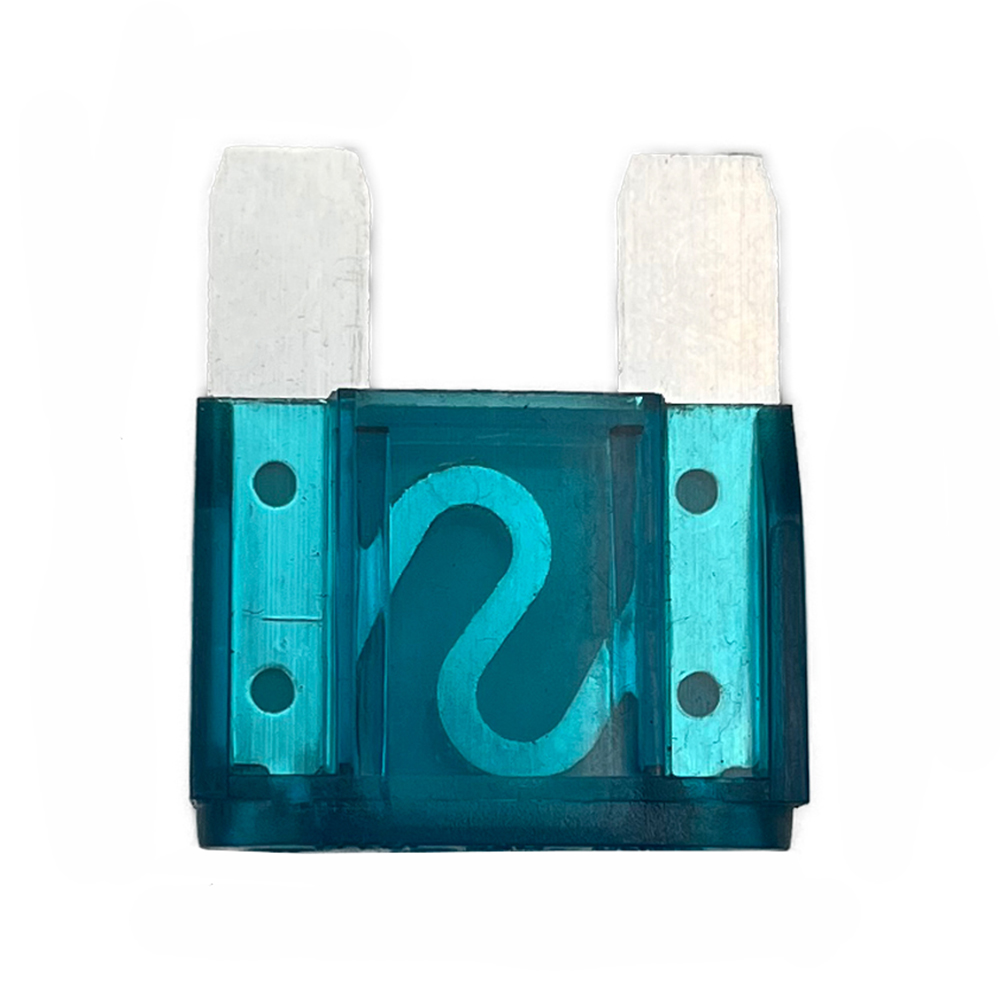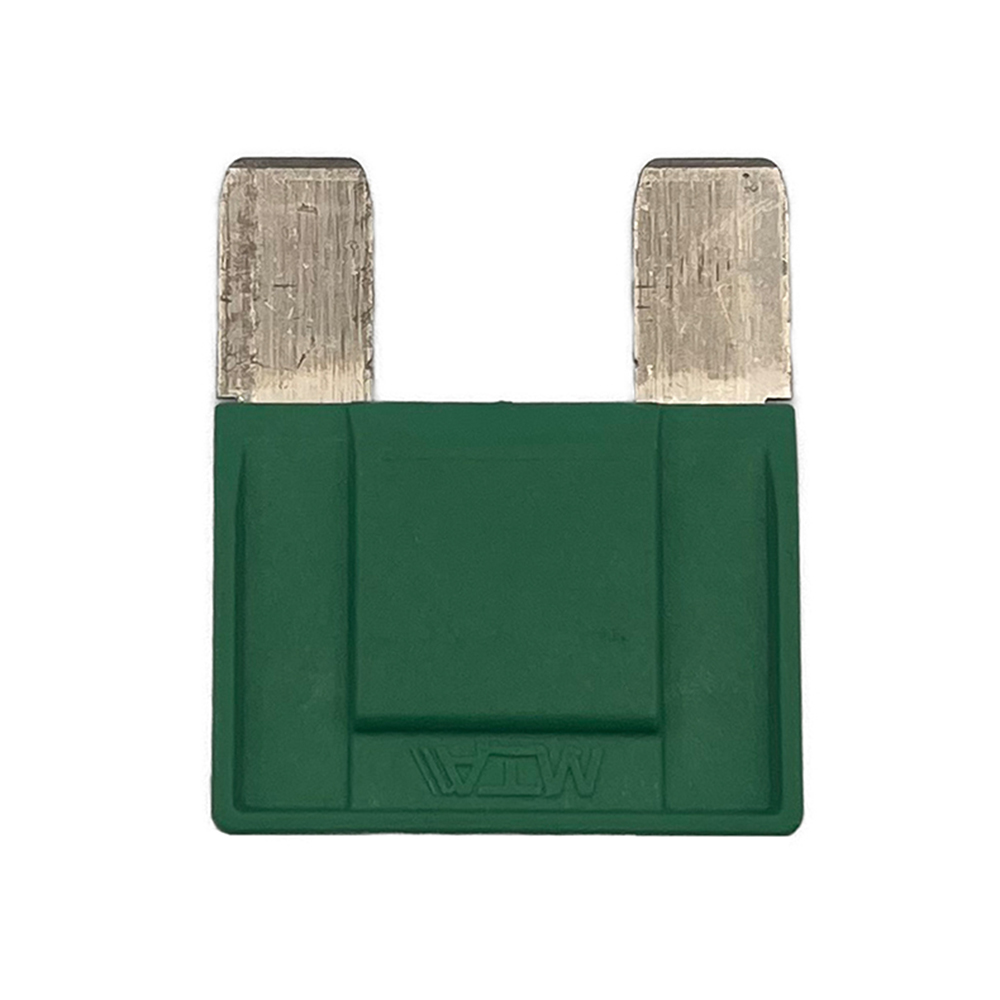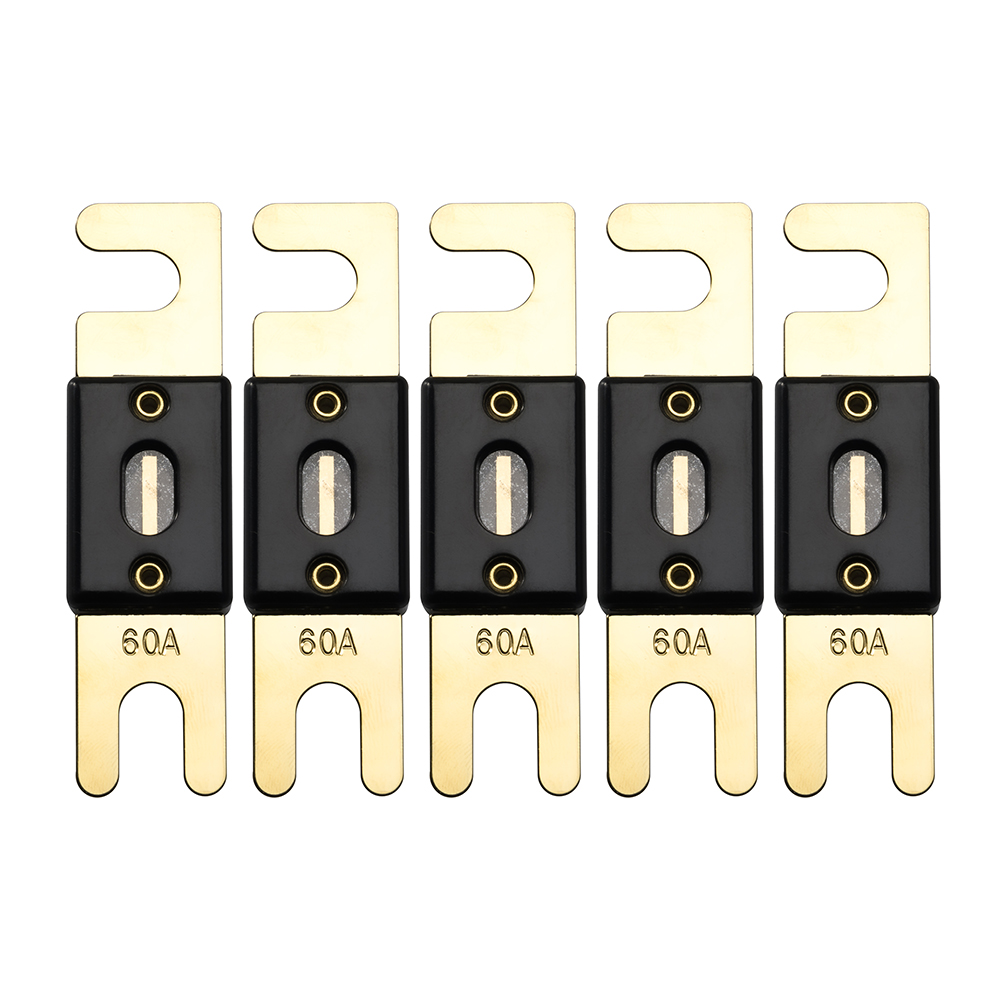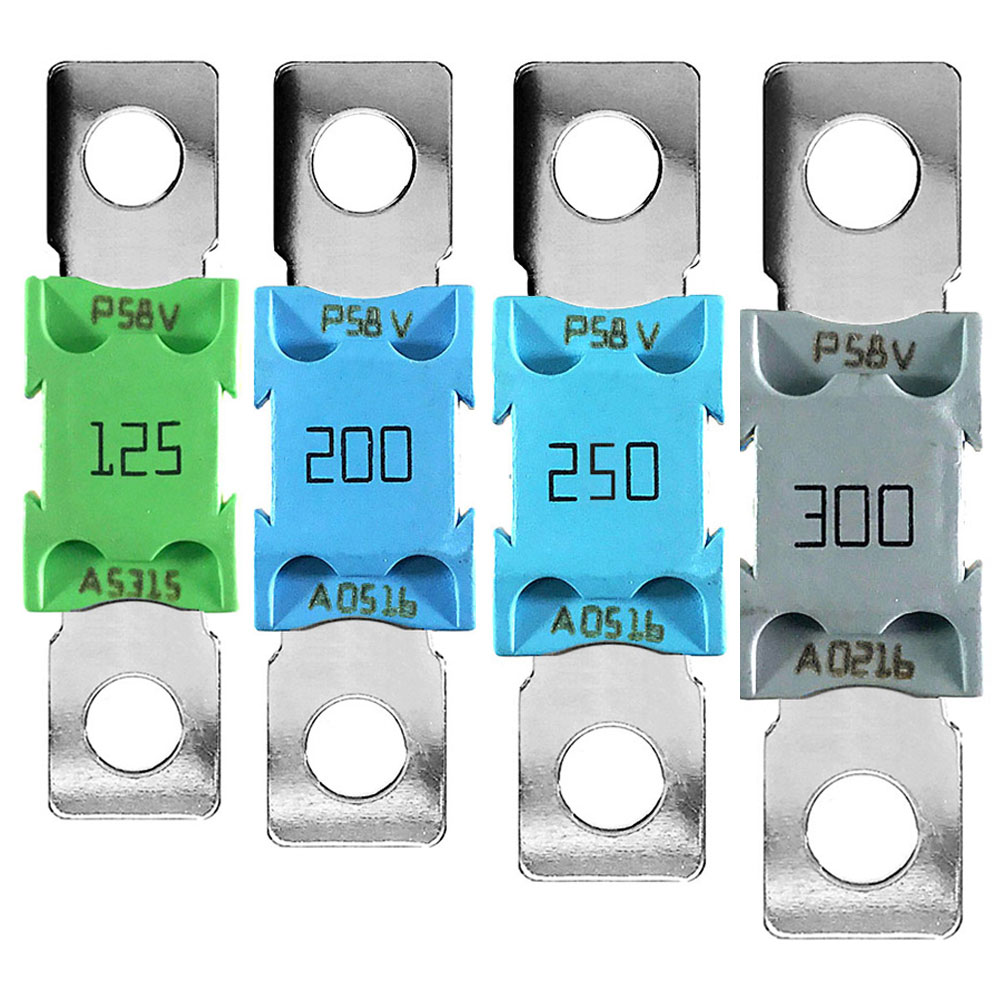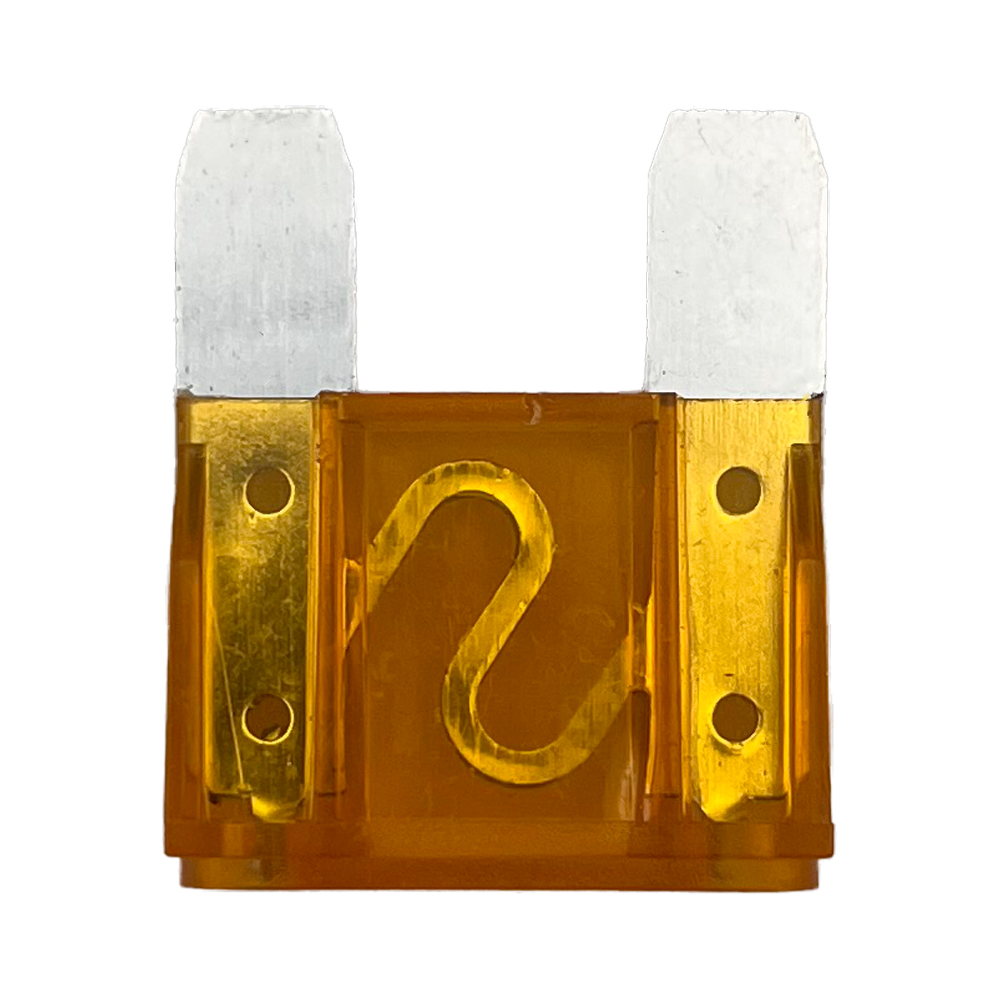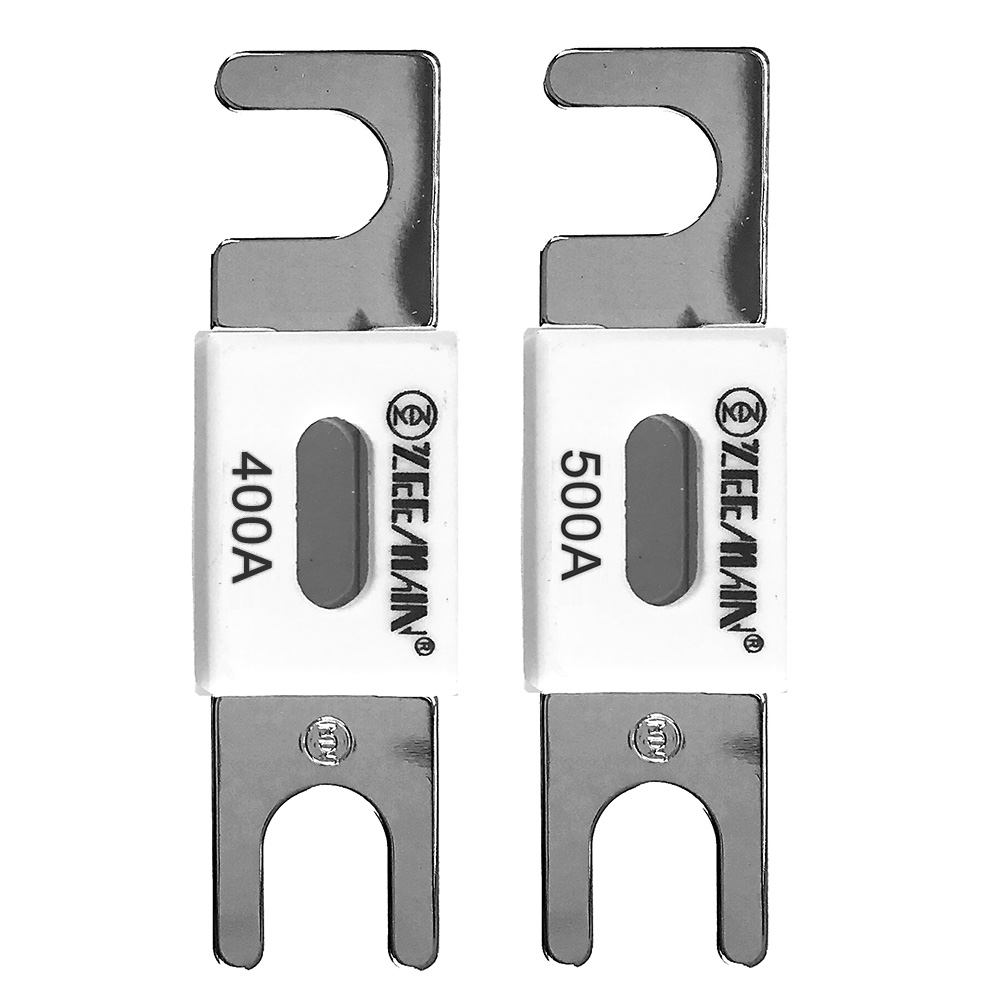Fuses
Shipped in 1-3 days
Shipped in 1-3 days
Shipped in 1-3 days
Shipped in 1-3 days
Shipped in 1-3 days
Shipped in 1-3 days
Shipped in 1-3 days
Shipped in 1-3 days
Shipped in 1-3 days
Shipped in 1-3 days
Shipped in 1-3 days
Shipped in 1-3 days
Shipped in 1-3 days
Shipped in 1-3 days
Shipped in 1-3 days
Shipped in 1-3 days
Shipped in 1-3 days
Shipped in 1-3 days
Shipped in 1-3 days
Shipped in 1-3 days
Shipped in 1-3 days
Shipped in 1-3 days
Shipped in 1-3 days
Shipped in 1-3 days
Shipped in 1-3 days
Shipped in 1-3 days
Shipped in 1-3 days
Shipped in 1-3 days
Shipped in 1-3 days
Shipped in 1-3 days
Shipped in 1-3 days
Shipped in 1-3 days
Shipped in 1-3 days
Shipped in 1-3 days
Shipped in 1-3 days
Shipped in 1-3 days
Shipped in 1-3 days
Shipped in 1-3 days
Shipped in 1-3 days
Shipped in 1-3 days
Shipped in 1-3 days
Shipped in 1-3 days
Shipped in 1-3 days
Shipped in 1-3 days
Shipped in 1-3 days
Shipped in 1-3 days
Shipped in 1-3 days
Shipped in 2-5 days
Shipped in 2-5 days
Shipped in 1-3 days
Shipped in 1-3 days
Shipped in 1-3 days
Shipped in 1-3 days
Shipped in 1-3 days
Fuses - reliable circuit protection for PV & battery systems
Fuses are an indispensable component of any electrical system. They provide vital protection against the risk of fires and other disasters caused by electrical overloads. At Offgridtec, you have a wide selection of PV fuses to choose from, so you can find the perfect solution for your application. Discover how our fuses work and their special features, and benefit from the safety and reliability of Offgridtec products today!
What are fuses used for?
Fuses are an essential component of any electrical installation to protect cables, wires, and devices from short circuits. They interrupt the circuit when a certain current strength is exceeded, thereby reducing the risk of injury to people and damage to devices.
Fuses are found in almost all switching networks, including photovoltaic systems, e.g., between the solar module and the controller or between the charge controller and the battery. Investing in the right fuses can save you time, money, and hassle in the long run.
Differences between fuses
Fuses differ mainly in three characteristics:
- Design
- Rated current and
- Trip characteristics
There are two common designs for fuses:
- In a fuse, the overvoltage causes the fuse element to melt. This interrupts the flow of current. The fuse is therefore destroyed when it trips and must then be replaced.
- Fuses with a switch function automaticallyswitch off the current flow in the event of overloads and short circuits and can then be switched back on manually.
The rated current indicates the maximum current (A) that can be safely drawn from the power source. It is important that the power source can supply at least the required current. Otherwise, there is a risk of damage to the cable.
The tripping characteristic is usually indicated directly on the component by a letter. Each characteristic type provides specific information about overload and short-circuit tripping.
Buy PV fuses online now at Offgridtec
Offgridtec fuses are made from the highest quality materials to provide efficient and reliable protection against overloads and short circuits. Our fuses are the perfect choice to protect your electrical system and ensure your safety.
If you have any questions, please do not hesitate to contact us! Our friendly customer service team is available by phone at 08721 91994-00. You can also send us an email at info@offgridtec.com. We are happy to help you make the best choice for your needs.
FAQ
- What are the advantages of fuses? Fuses protect devices from overheating and short circuits by interrupting the flow of current for a certain period of time when a specified current strength is exceeded.
- How do fuses work? There are different types of fuses and therefore different modes of operation. For example, the conductor can melt if it overheats, in which case the fuse must be replaced. However, there are also fuses with automatic shut-off that can be reused afterwards.
- Is surge protection mandatory for PV systems? Since December 14, 2018, the installation of surge protection in photovoltaic systems has been mandatory. This applies to new buildings as well as to extensions or renovations of solar systems.
- What is a flat fuse? Flat plug-in fuses are designed for particularly low voltages, which are normally used in motor vehicles. The amperage of flat fuses is indicated by the color of the housing. These fuses are ideal for controlling and protecting electrical circuits from overcurrent and short circuits.


